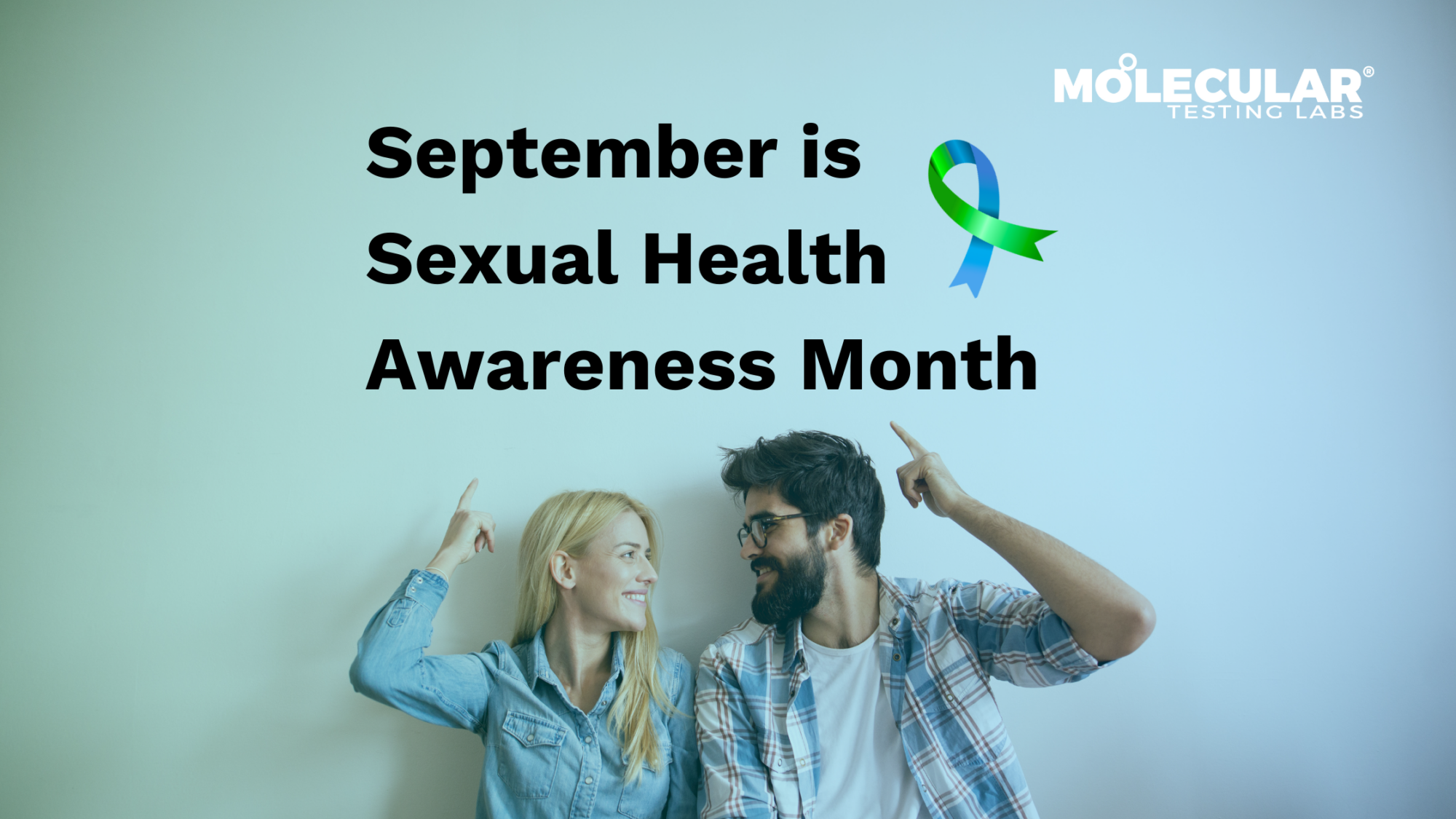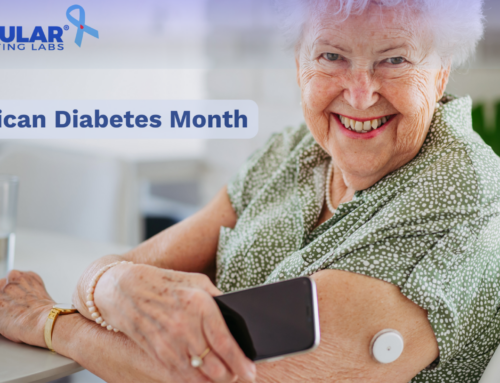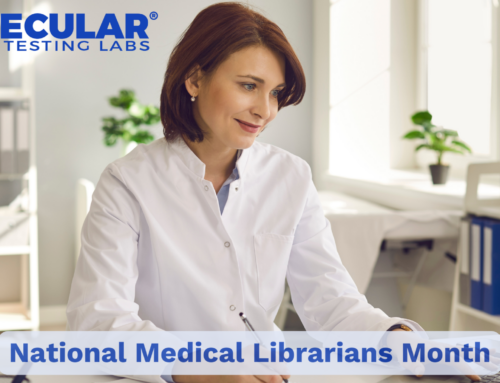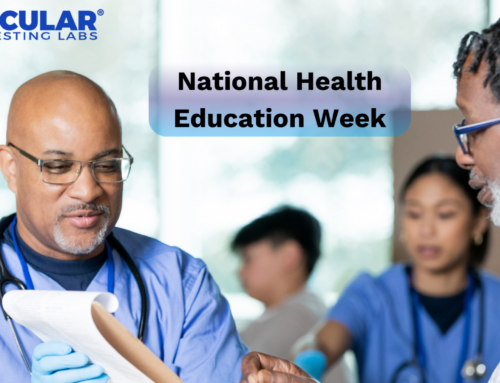
Sexual Health Awareness Month
Share:
In 2010, the World Association for Sexual Health named September 4th World Sexual Health Day with the stated goal of bringing more social awareness to sexual health around the world. September is now Sexual Health Awareness Month, bringing attention to the intricacies of sexual health and the prevention of sexually transmitted infections (STIs).
The World Health Organization (WHO) defines sexual health, in part, as “a state of physical, emotional, mental, and social well-being related to sexuality; it is not merely the absence of disease, dysfunction, or infirmity.” Good sexual health, says the WHO, is connected to the quality of our social relationships, including our relationship with ourselves and our overall well-being. Social norms and stigmas can also impact our sexual health, whether the stigma of contracting an STI, an unwanted pregnancy, or the social stigma surrounding the people we engage in romantic relationships with.
Because sexual health is connected to our overall health, beginning around the time we reach adolescence and continuing throughout our lives, The National Coalition for Sexual Health (NCSH) recommends including sexual health as a part of your healthcare routine. This includes practicing safe sex and getting regular checkups with a provider you trust and with whom you feel comfortable speaking openly about your sexual health.
In 2021, the Centers for Disease Control and Prevention (CDC) reported over 2.5 million new infections of chlamydia, gonorrhea, and syphilis, a continuance of rising STI infections over the last several years. Access to quality healthcare is a driving factor in creating and maintaining a robust healthcare routine. Molecular Testing Labs is committed to bringing access to affordable healthcare and STI screening to those who want or need it. Our dried blood spot (DBS) STI testing requires only a finger prick for sample collection, eliminating the need to send patients away for a blood draw. Our self-collection STI and PrEP testing kits are available and affordable to people in all parts of the US, including those in underserved or rural areas. Patients can have peace of mind and stay updated on their sexual health from the comfort and privacy of their homes.
Continue this critical discussion by sharing this post on your social media!
References
- World Association for Sexual Health. World Sexual Health Day.net. https://worldsexualhealth.net/world-sexual-health-day/#:~:text=In%202010%2C%20the%20World%20Association,sexual%20health%20across%20the%20globe.
- World Health Organization. World Sexual Health Day.int. https://www.who.int/news-room/events/detail/2023/09/04/default-calendar/world-sexual-health-day
- National Coalition for Sexual Health. What is Good Sexual Health and How Do I Achieve it? org. https://www.ncshguide.org/sexual-health
- Centers for Disease Control and Prevention. (2023, April 11). Sexually Transmitted Disease Surveillance 2021.gov. https://www.cdc.gov/std/statistics/2021/default.htm


